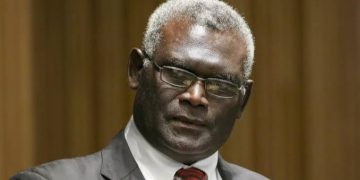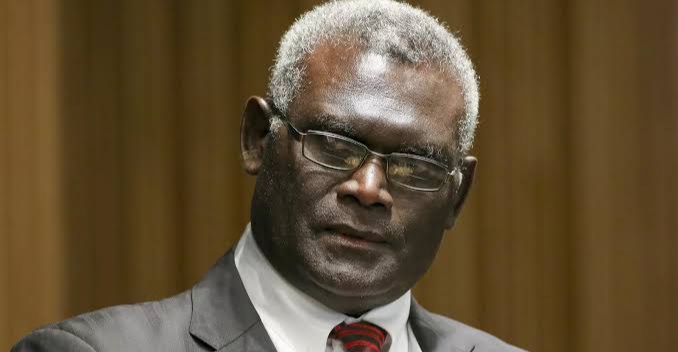By Oyintari Ben
Concern over the islands’ links to China has been raised after the Solomon Islands informed Pacific nations invited to a White House meeting with President Joe Biden that they wouldn’t sign the summit declaration.
To compete with China for influence in the strategically significant South Pacific, the Biden administration has invited leaders from the Pacific Island Forum bloc to the two-day White House summit beginning on Wednesday.
In a letter dated Sunday, the Solomon Islands—which signed a security agreement with China in April—asked the Pacific Islands Forum to inform the other participants that it would not sign a planned Declaration on the US-Pacific Partnership, which would be discussed at the summit on September 29, and that it required more time for its Parliament to study the issue.
The Solomons said the declaration was “yet to enjoy Consensus.”
Solomons does declare that it won’t be able to sign the declaration. However, it doesn’t urge others to do the same, according to Anna Powles, a Pacific security expert at Massey University in New Zealand who has read the note.
Matthew Wales, the head of the opposition party in the Solomon Islands, tweeted: “Strange inconsistency. Contracts with China are signed in private and remain private. Now insisting that the regional agreement with the US be handled by Parliament? Insincerity writ large!”
The Pacific Islands Forum already has a framework for interacting with partners outside the region, according to the Solomon Islands in the note, which is signed by its embassy in Washington.
Of course, China is a component of that process; therefore, the US is attempting to develop an alternative architecture, such as its regional partnership structure, Powles added.




































